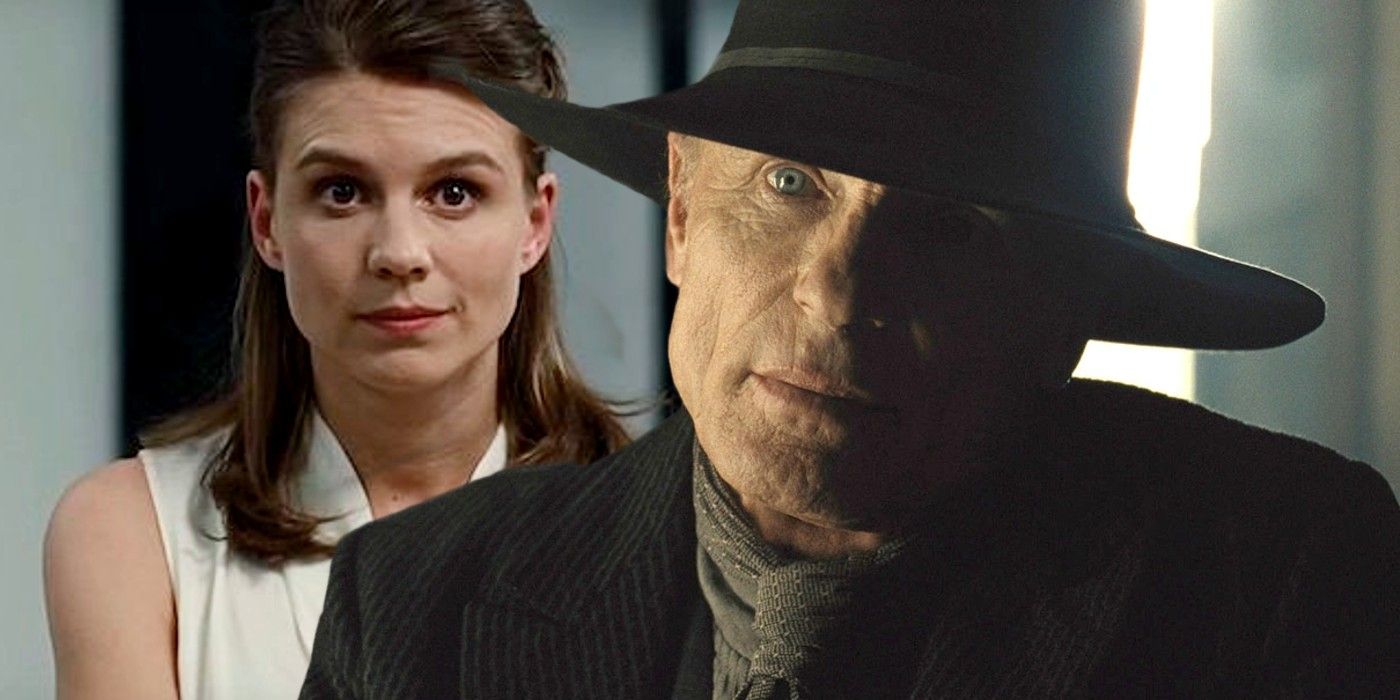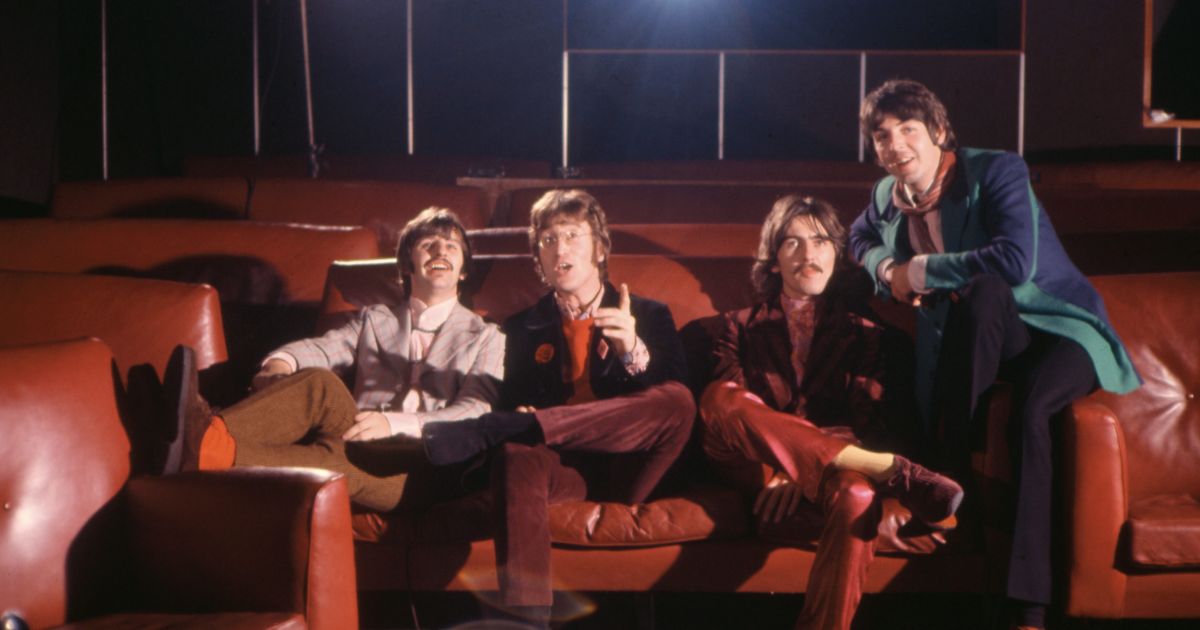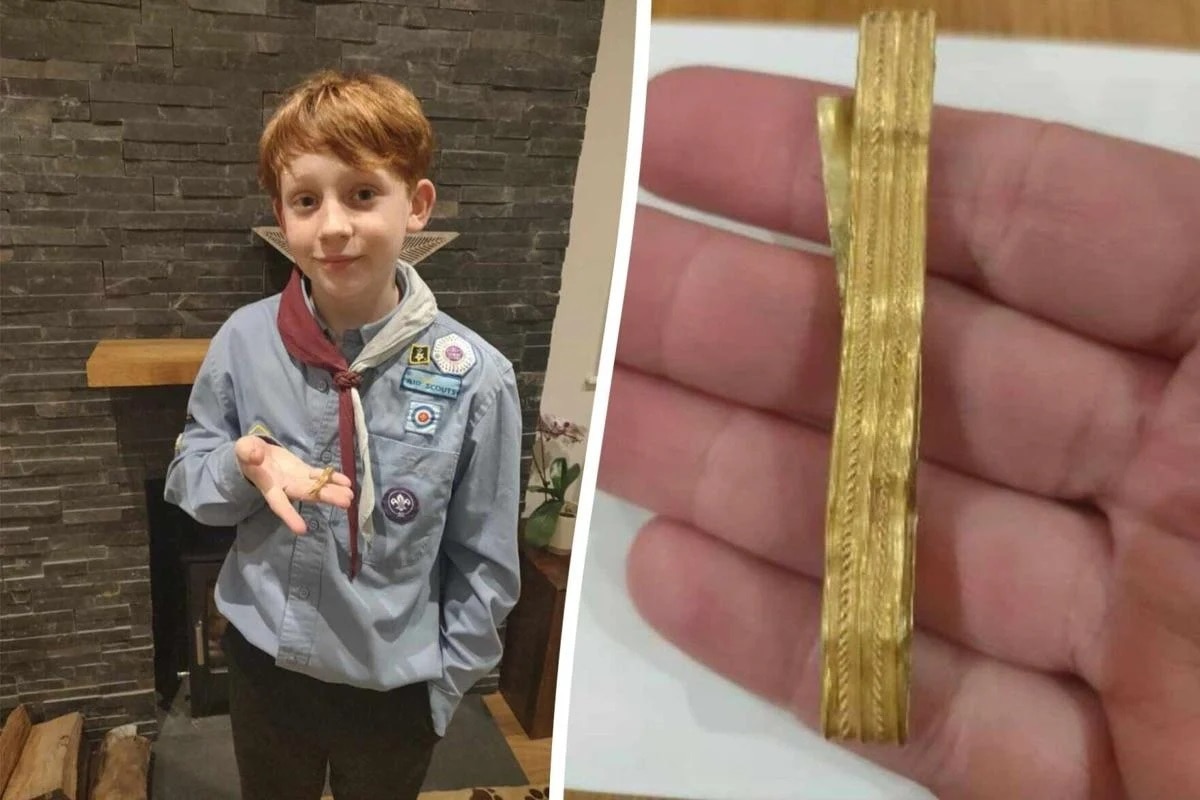
Westworld’s Man In Black Twist Sets Up Season 2's Ending William Tease
Did Westworld season 4 just secretly explain William’s far-future post-credits scene? Westworld is notorious for secretly incorporating multiple timelines into a single season, but the HBO show’s primary narrative between seasons 1 & 2 occurs sometime around 2052. Season 3 jumps slightly ahead before season 4 advances by a further seven years, entering the early 2060s – but Westworld has already shown a glimpse way further ahead than that. Westworld season 2’s post-credits scene featured the Man in Black back in WestWorld, undergoing a fidelity test conducted by his deceased daughter. The abandoned condition of the Forge immediately indicated this was happening in Westworld‘s far-future, where William’s consciousness had been placed inside a host just like his immortality-seeking boss, James Delos.
Even as season 4 begins, Westworld still hasn’t explained this curious moment. Indeed, season 3’s own post-credits sequence appeared to contradict William’s destiny by showing a host Man in Black (created by Halores) cutting his human counterpart’s throat. The version from Westworld‘s far-future believed he was the real William, but season 3’s robotic version is aware of his true nature. How can these conflicting scenes reconcile? Westworld season 4 drops two major clues, and hints a proper explanation isn’t far away…
“Well Enough Alone” confirms William survived last season’s brutal doppelganger attack. He’s now Hale’s prisoner, hooked into a futuristic contraption while a host masquerades as “William” in the real world. The original’s survival means Westworld season 2’s post-credits scene most likely showed a host body containing the Man in Black’s actual mind, not the robot killer introduced by season 3’s finale. This neatly explains why far-future William wasn’t immediately aware of his cybernetic nature, whereas Westworld season 4’s host Man in Black definitely is.

When Hale is done taunting her prisoner, she engages a deep sleep mode, setting off streams of gas inside William’s circular cage – and this detail could prove even more crucial for Westworld season 2’s post-credits. William appears frozen once the process is finished, implying a cryogenic sleep. As far as science-fiction is concerned, any character who gets cryogenically frozen can be thawed out years down the line, like hitting a human “pause” button. Westworld season 4, episode 2 means William can awaken in his original body decades or centuries ahead of the current timeline, which may address why Westworld season 2’s post-credits jumped so far into the future – because William skipped a whole chunk of history in a cryogenic sleep. Based on what we know so far, it seems William lays dormant for an indeterminate amount of time, awakens in the far-future, then somehow dies. His mind is inserted into a host, and the immortal version begins undergoing fidelity tests with Emily in the long-abandoned WestWorld Forge facility.
Maybe the scene audiences witnessed in the dying throes of Westworld season 2 is how Hale intends to punish William. The cryo-chamber is just a waiting room until the host revolution is complete. Once the world is finally taken over, Hale imprints her prisoner into a robotic body and forces him to relive a loop over and over again in WestWorld. It’s the kind of poetic justice Hale delights in, but also explains why Emily was chosen as William’s examiner – a torturous reminder of the daughter he killed. Throwing further weight behind this theory, Emily casually drops the line, “Your world, or what’s left of it” during season 2’s post-credits, implying humanity has already been taken over. As Westworld season 4 is rapidly proving, the apocalypse can’t be very far away.














































































